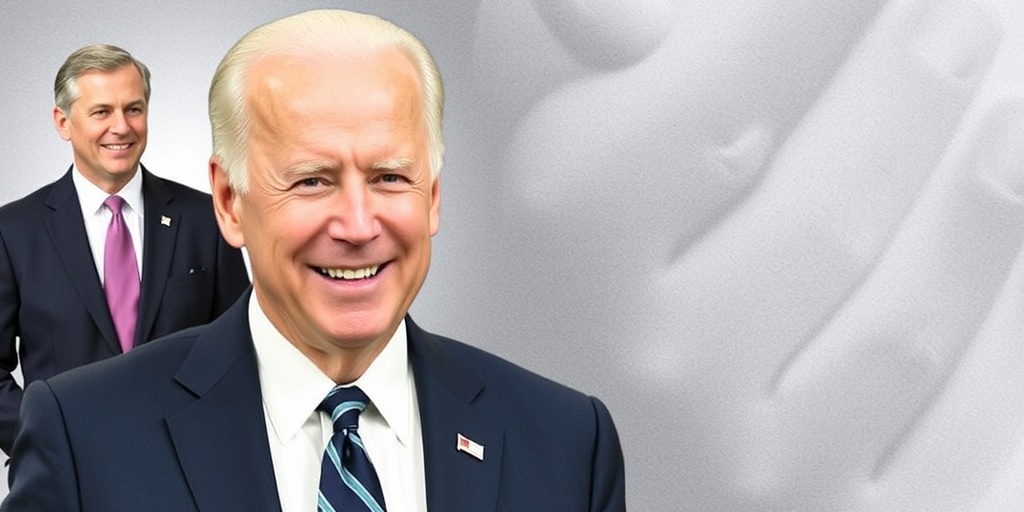Now Reading: Rep. Raul M. Grijalva, Progressive Arizona Democrat, Dies at 77
-
01
Rep. Raul M. Grijalva, Progressive Arizona Democrat, Dies at 77
Rep. Raul M. Grijalva, Progressive Arizona Democrat, Dies at 77
Rep. Raul M. Grijalva, Arizona’s Progressive Champion, Passes Away at 77
Raul M. Grijalva, a prominent member of Arizona’s congressional delegation and a key figure in progressive politics, died on Thursday in Tucson at the age of 77. Known for his lifelong advocacy on behalf of Hispanic communities and for environmental and labor issues, Grijalva’s death follows his battle with lung cancer, which he disclosed last year. Grijalva had announced that he would not seek a 13th term in Congress in 2026 due to his health challenges. Complications related to his treatment were reported as the cause of death by his office.
Grijalva’s journey into politics was deeply rooted in his upbringing as the son of a Mexican immigrant father who worked on ranches in Arizona. His early political activism began with the radical Raza Unida Party, which sought to empower Mexican Americans. Over time, he evolved into a Democratic stalwart, representing a district that is predominantly Hispanic. In 2002, at the age of 54, he made a successful bid for Congress, marking the beginning of a nearly two-decade-long tenure.
During his time in Washington, Grijalva became known for his informal style, often opting for bolo ties over conventional neckties. His political positions were marked by a firm commitment to progressive policies—he advocated for robust labor protections and environmental conservation. This included a notable opposition to the construction of a fence along the Mexico border and a consistent “F” rating from the National Rifle Association. In a humorous reflection of his persona, he once quipped that he should use the campaign slogan, “Grijalva: Not just another pretty face.”
As a co-chairman of the Progressive Caucus for a decade, Grijalva was an influential advocate for social and environmental justice. He was notably the first congressman to endorse Senator Bernie Sanders in his 2016 presidential campaign. More recently, he urged President Joseph R. Biden Jr. to end his re-election campaign after what he deemed a poor performance in a July 2023 debate against Donald Trump. Grijalva argued that Biden should focus on maintaining Democratic control of the presidency, emphasizing the responsibility that comes with the office.
In 2018, when Democrats regained control of the House amid discontent with the Trump administration, Grijalva took on the chairmanship of the Committee on Natural Resources. This position allowed him to pursue his priorities, including stricter regulations on public lands and challenging attempts to weaken the Endangered Species Act. He criticized the Trump administration for treating environmental regulations as a hindrance to profit rather than a safeguard for the planet’s ecosystems.
Grijalva’s commitment to Native American rights was also significant during his career. He collaborated with tribal leaders to secure federal protections for historically tribal lands near the Grand Canyon. In a landmark move, President Biden designated 1,500 square miles in the Grand Canyon region as a national monument in August 2023, a testament to Grijalva’s advocacy.
Despite his progressive stances, Grijalva often found himself at odds with Arizona’s predominantly conservative political landscape. His outspoken criticism of the controversial SB 1070 immigration law in 2010 propelled him into the tightest re-election battle of his career, where he narrowly won with 50.2% of the vote. Nevertheless, he generally enjoyed broad support in his deeply blue district, which encompasses parts of Tucson and spans much of Arizona’s southern border.
Grijalva’s political journey was not without its challenges. In 2015, he faced allegations from a female staff member regarding a hostile workplace environment linked to his alcohol use. Although the situation was settled for over $48,000 paid by the Natural Resources Committee, the House Ethics Committee later determined that the payment was acceptable. Grijalva had openly discussed his struggles with alcohol in the past, even pleading guilty to a DUI charge in 1985, after which he participated in a rehabilitation program.
Born on February 19, 1948, in Canoa Ranch, south of Tucson, Grijalva grew up in a household where both his parents were first-generation immigrants. His father participated in the Bracero program, and his mother, who hailed from the mining town of Ajo, spoke no English. Grijalva’s awareness of his Chicano heritage was pivotal to his later activism; his political consciousness was shaped by a recognition of the marginalization faced by his community.
He graduated from Sunnyside High School in Tucson in 1967 and earned a Bachelor of Arts in sociology from the University of Arizona. His early activism included advocacy for a Mexican American Studies program at the university and protests for creating public green spaces in underserved neighborhoods. Following an early defeat in a school board race as a Raza Unida Party candidate in 1972, Grijalva shifted toward a more moderate approach, gradually building a political base that would support his future electoral successes.
Grijalva is survived by his wife, Ramona, and their three daughters, Adelita, Raquel, and Marisa. He was remembered not only as a dedicated public servant but also as a father and husband who remained deeply connected to his roots in Tucson. His legacy in Congress will be defined by his unwavering commitment to progressive ideals, the environment, and the rights of marginalized communities.
Stay Informed With the Latest & Most Important News
Previous Post
Next Post
-
 01New technology breakthrough has everyone talking right now
01New technology breakthrough has everyone talking right now -
 02Unbelievable life hack everyone needs to try today
02Unbelievable life hack everyone needs to try today -
 03Fascinating discovery found buried deep beneath the ocean
03Fascinating discovery found buried deep beneath the ocean -
 04Man invents genius device that solves everyday problems
04Man invents genius device that solves everyday problems -
 05Shocking discovery that changes what we know forever
05Shocking discovery that changes what we know forever -
 06Internet goes wild over celebrity’s unexpected fashion choice
06Internet goes wild over celebrity’s unexpected fashion choice -
 07Rare animal sighting stuns scientists and wildlife lovers
07Rare animal sighting stuns scientists and wildlife lovers



















